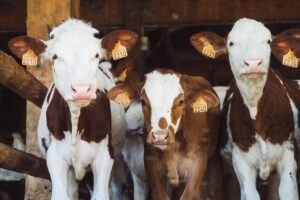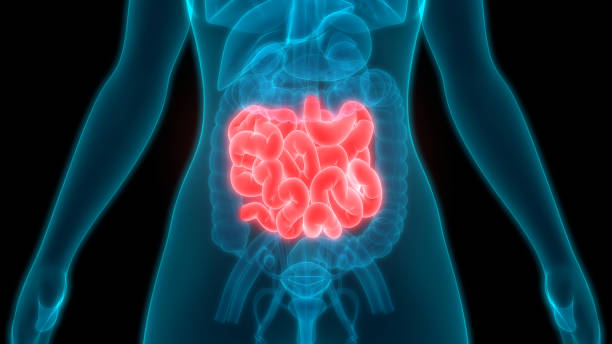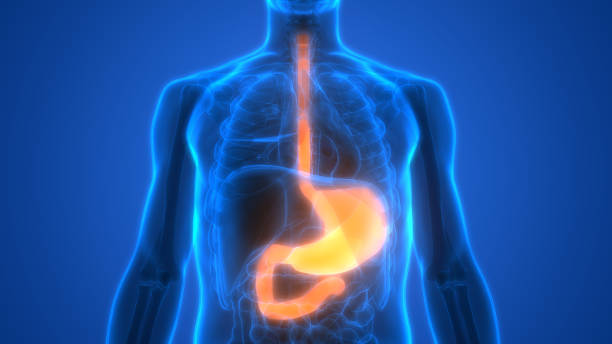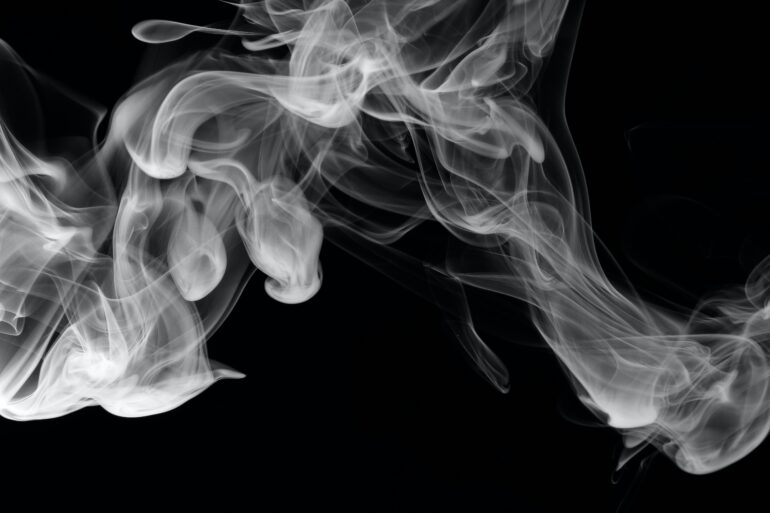To Burp or To Fart, That is the Question
This past winter was a crazy one. Many parts of the US experienced record low temperatures, and over 60% of the US population received some sort of weather warning over the winter holidays. At first, this got me wondering about what actually may have caused this record cold. As expected, it turns out that extreme weather events were being credited to climate change. Continuing down this rabbit hole, I was digging through different sources of greenhouse gasses when I discovered that
cows contribute to climate change (we’re working on reducing it though). More specifically, cow burps are responsible for 26% of the United States’ total methane emissions. Now, I know

there’s a lot of cows in the US, so that must be a lot of cow burps. Sometimes though, especially after a burrito bowl from our distinguished Sixth dining hall, I think that I could be competition for those cows in terms of emitting gasses.
Burps aren’t the only way we let out gas–we can’t forget about farts! I certainly can’t after that burrito bowl. Or if you want to sound fancy like the doctors, we can also call farts eructation and flatulence. Whatever you may call them, we all know what they are. Or do we? We’ve certainly all passed gas at some point, but what exactly are burps and farts, and what’s the difference? Is there even a difference? Let’s take a look.
Burp vs. Fart

At this point, you might be wondering: What actually causes a burp instead of a fart, and vice versa? We ingest gasses as we swallow and drink our food. This air mostly causes burps, but small leftover amounts of air that don’t quite make it out as a burp may move on to your intestines, adding to the farts. The main bulk of a flatulence is produced by bacteria in your intestines. These bacteria produce fermentation gasses as a byproduct as they work to break down food. A closer look into the composition of a fart revealed that a large part of human flatulence was from the bacterial fermentation process.
Chemically, the main characters that compose a fart are: nitrogen, oxygen, methane, hydrogen, and carbon dioxide. If you’ve heard of flammable farts, hydrogen and methane are the main causes for your gas (and the cows’) catching on fire! In addition to these gasses, there are also small trace amounts of ammonia, or hydrogen sulfide. Small yet powerful, these gasses are usually the culprits of the ill odor. Naturally then, foods containing sulfur (such as eggs) will make your farts smell more!
A burp on the other hand, generally caused by swallowed air, is mostly composed of nitrogen and oxygen for humans. Burps usually do not contain ammonium or sulfur, which explains why a human burp usually doesn’t smell as bad as a fart does. Cows, on the other hand, do most of their fermentation in their stomach (otherwise known as enteric fermentation). This means that they belch all the stinky gasses that we would normally fart, since humans ferment food in their intestines. In a way, it means that human farts also contribute to pollution, though in much smaller amounts than cows.
What causes the sound of burps and farts?
We’ve now covered what makes up burps and farts, but why do they make noises? Stretch receptors in the upper stomach cause the lower esophageal sphincters to relax. These stretch receptors, as the name suggests, are activated when they sense that the stomach is stretched (say, with gas). Sphincters are normally tightened shut to keep stomach acid from moving to other parts of the digestive tract, much like how you would pinch the opening of a balloon to keep the air from escaping. Activation of the mechanoreceptors (stretch receptors) in the esophagus causes the sphincter in the upper esophagus to relax. Gas rapidly escapes from your stomach through this route, vibrating the esophagus and the back of the throat. This causes the loud sound of a burp!
A similar relaxation of sphincters (on the other end of the digestive tract) causes the sounds of farts too. This website compares the mechanism to that of playing a brass instrument, where blowing air rapidly through a small opening causes loud noises!
Reducing gasses
Everyone passes gas. It’s a topic that sends little ones into peals of laughter at the mere sound of a burp or fart. But however interesting it may be to little children, we don’t want to be passing gas too frequently in public. So how does one reduce the amount of gas they pass? The Mayo Clinic offers several suggestions, from eating slowly (reduces the amount of extra air you swallow) and lessening fatty food, which takes longer to digest and increases the fermentation time.
If you find yourself passing gas like you might beat the cows, it may be time to see a doctor. The UK’s National Health Service (NHS) states that along with other symptoms such as diarrhea, passing gas too frequently may be a sign of irritable bowel syndrome (IBS) or Celiac disease. Remember, an average person passes gas 13 to 21 times a day, so a fart doesn’t mean you have these disorders!
A Final Lesson
In case you couldn’t tell by which end it came out of, we’ve briefly explored the differences between a burp and a fart. So the next time you walk into a dining hall and feel those gasses escaping from either end, you’ll know the difference between the two! But please, learn from my misfortunes and avoid those burrito bowls.
Sources:
https://www.npr.org/2022/12/26/1145518196/us-massive-winter-storm-deaths-weather
https://www.climaterealityproject.org/blog/winter-weather-and-climate-crisis-explained
https://ecpamericas.org/newsletters/from-the-ocean-a-cure-for-cow-burps/
https://www.nationalgeographic.com/animals/article/150803-cows-burp-methane-climate-science
https://www.webmd.com/digestive-disorders/features/truth-about-gas
https://www.ncbi.nlm.nih.gov/pmc/articles/PMC1378885/
https://www.ncbi.nlm.nih.gov/pmc/articles/PMC523176/
https://www.youtube.com/shorts/7MVFHF37GqE
https://askdruniverse.wsu.edu/2017/01/09/cow-burps/
https://medium.com/climate-conscious/do-humans-fart-more-methane-than-cows-a0f48c590fb0
https://pubmed.ncbi.nlm.nih.gov/26694063/
https://whyy.org/segments/there-is-physics-in-every-fart/#
https://www.nhs.uk/conditions/flatulence/
https://pubmed.ncbi.nlm.nih.gov/26694063/
